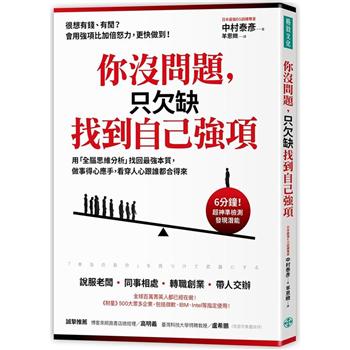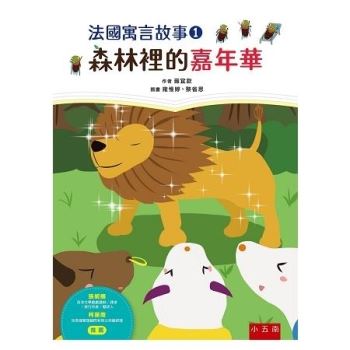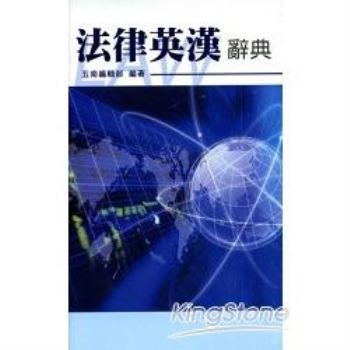"Anglo-Saxon Reader (both Poetry and Prose) for Beginners in Old English;" is designed as an introduction to the language and literature of the Anglo-Saxon period. Intended for students and enthusiasts alike, this reader provides selections of both poetry and prose, offering a comprehensive overview of Old English texts. Edited by James Albert Harrison and J Lesslie Hall, this volume serves as an invaluable resource for those seeking to engage with the foundational works of English literature and understand the linguistic roots of the English language.
The reader includes essential grammatical notes and vocabulary aids, making it accessible for beginners while still providing a rich learning experience for more advanced students. Explore the historical and cultural context of Anglo-Saxon England through its literature, gaining insights into the values, beliefs, and artistic expressions of this formative era. This book is an essential addition to the library of anyone interested in the history of the English language and the literary traditions of early England.
This work has been selected by scholars as being culturally important, and is part of the knowledge base of civilization as we know it. This work was reproduced from the original artifact, and remains as true to the original work as possible. Therefore, you will see the original copyright references, library stamps (as most of these works have been housed in our most important libraries around the world), and other notations in the work.
This work is in the public domain in the United States of America, and possibly other nations. Within the United States, you may freely copy and distribute this work, as no entity (individual or corporate) has a copyright on the body of the work.
As a reproduction of a historical artifact, this work may contain missing or blurred pages, poor pictures, errant marks, etc. Scholars believe, and we concur, that this work is important enough to be preserved, reproduced, and made generally available to the public. We appreciate your support of the preservation process, and thank you for being an important part of keeping this knowledge alive and relevant.










